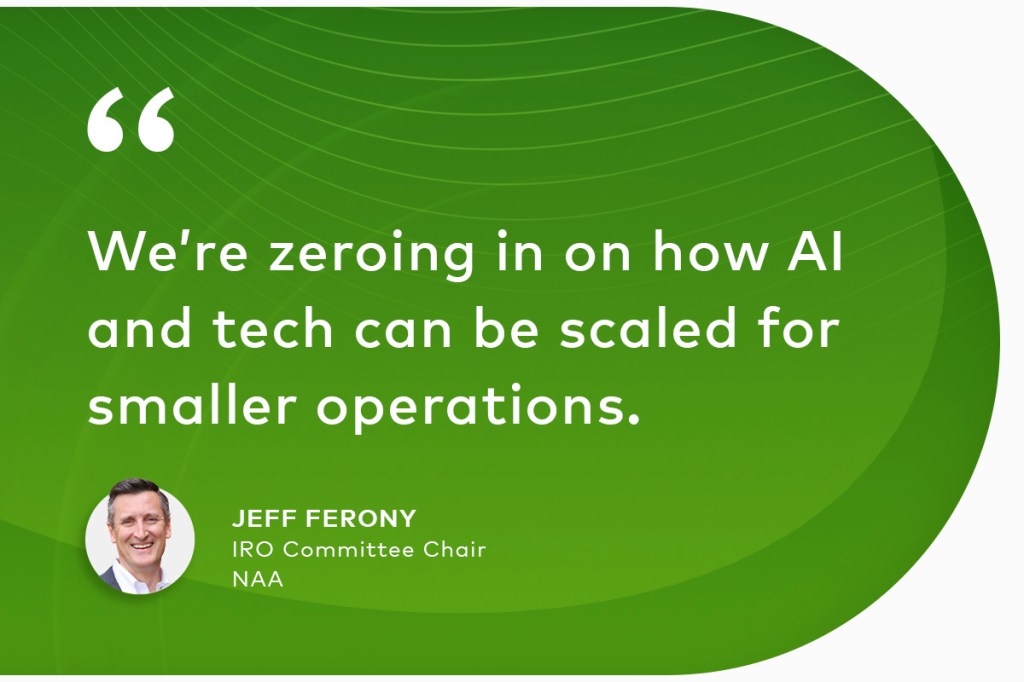Finally, you found your dream renter. This person is super excited about an apartment you’ve had listed for months. All that’s left is to sign the lease and hand over the keys. Or is it?
To avoid renting to problem tenants, it’s not enough to “feel out” the vibes of a potential renter. Property managers should make informed decisions based on an applicant’s rental history, credit rating and criminal history, among other factors. This is true for both residential and commercial applications. Explore these three ways to avoid renting to bad tenants.

1. Make sure you collect the right information
Most property managers require renters to fill out an application. However, not all applications are alike. Some take up a single page, while others are much longer. A serious tenant will have no problem handing over as much information as you request (within reasonable and legal bounds).
On your application, include a section for references. The best references come from former landlords because they can provide the most valuable information. No, it doesn’t matter that the tenant likes to cook fish with the windows open on weekends. But it does matter if they have a history of making late payments or punching holes in the drywall.
Bad tenants tend to leave a trail of destruction that results in angry landlords. All this can be revealed by making a few simple reference calls.
2. Use resident screening for residential properties
After receiving a completed rental application, property managers should proceed to screen their candidates. Resident screening is a good idea, even if you have prior knowledge about the applicant (e.g., family friend, referral from current tenant). A screening can include gathering information on the applicant’s rental history, job history, credit history and references. It should also include a criminal background check.
Yardi Breeze features an optional, built-in prospect screening service. This program takes less than 60 seconds to complete a background check, credit check and eviction check.
Resident screening doesn’t have to be a long, difficult process. It’s actually a great way to build trust in your rental community. Tenants like knowing that not just anyone can get a place in their building or complex. You’ll also avoid some of the most obvious problem tenants.
3. A credit check tells a life story
To help identify problem tenants, put both residential and commercial applicants through a credit check. A bad credit history tells you something that good references, a clean criminal history and proof of income might miss. You don’t necessarily have to reject a candidate with mediocre or bad credit. Still, you’ll want to evaluate the risk of signing this person or business to a lease.
Remember the hypothetical renter we mentioned at the beginning of this article? This kind of applicant appears in commercial settings too, and there’s usually more at stake with a commercial lease. That’s why it’s so important to conduct a rigorous credit check. The worst thing you can do is rush into the first offer you receive, even if the space in question has been vacant for a long time. If the applicant represents a business, run a business credit check. No exceptions!
Before you act…
Be aware that the Fair Housing Act prohibits housing discrimination based on race, disability, religion, sex and other factors. Always remain in compliance with the law. Make it known to all applicants that you will be performing checks on credit and criminal history. Upon hearing this, some problem tenants will withdraw their application on the spot. Others will require additional screening to be identified.



